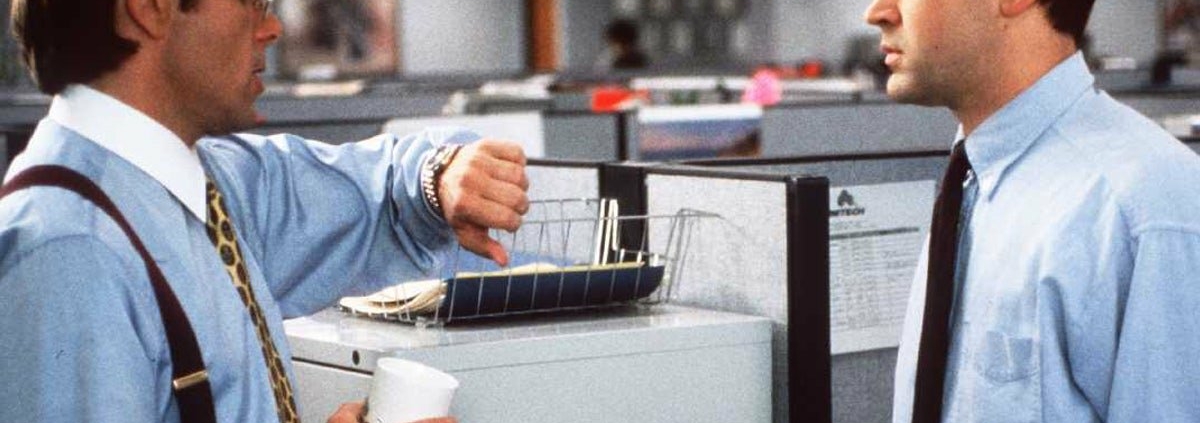Beating Burnout
The most frequent question people ask me is: “how do you do all that you are doing?” I suspect that there is a measure of concern behind the question. My friends and colleagues don’t want me to burn out. In fact, burn out is as ancient as Torah and sometimes just as baffling. Yet, we might find in our texts ways to overcome such fatigue.
Just as the year 2019 was ushered in, there was a Buzzfeed article about burnout that went viral. “How Millennials Became the Burnout Generation” won a lot of admirers for its deep analysis of the internal processes that keep Millennials from performing tasks promptly or efficiently. Of course, there was also much criticism. In the New Republic, author Jonathan Malesic responded that burnout “isn’t a generational epidemic; it’s a societal one.”

Actually, burnout is a historically recognized problem.
After crossing the Red Sea, Moses is reunited with his wife, children, and father in law, Yitro. Moses is busy day and night adjudicating disputes among the people. In Exodus 18:17 – 18, Yitro offers Moses the following advice: “The thing you are doing is not right; you will surely wear yourself out, and these people as well. For the task is too heavy for you; you cannot do it alone.”

The solution Yitro proposed was to delegate certain tasks (such as hearing disputes) to other wise people. If a dispute became increasingly complex and required an appeal, then Moses would rule on the case.
Even as burnout is applied to describe the millennial generation, those born after 1982 lead the way in the delegation of tasks. Using the internet millennials are likely to outsource a project or burden. Uber drives, Amazon delivers, Venmo pays, TaskRabbit employs, and the list goes on.
And yet, the millennial generation that has mastered the iPad and the Smartphone feels burned out. I suspect that the ability to delegate is not sufficient in relieving that sense of burnout. Other factors must be at play.
Perhaps the corrective for burnout is a different sort of connectivity, one that is not dependent on wifi. What would Moses do beyond delegating judicial roles, as recommended by Yitro? In addition to depending on other wise leaders amongst the people, Moses had much support from his family members, including his brother Aaron, his sister Miriam, and his nephews. Moses also drew strength from God, the ultimate source of support.
Millennials are often described as lacking social skills and avoid participating in faith-based activities. Perhaps personal connection and spiritual community are the most important factors in alleviating burnout for anyone.
Back to concern for the pace of my life and the responsibilities I undertake: I don’t delegate very well. I am learning how to delegate, bringing on an assistant to help administer the Jewish Studio. Perhaps more importantly, I have an amazing supportive community and spiritual practices that sustain faith. I may be tired and sometimes discouraged but I am not burned out. To sustain myself, I’ll just keep asking WWMD – What Would Moses Do?
Rabbi Evan J. Krame






 Evan J. Krame was ordained as a rabbi by the
Evan J. Krame was ordained as a rabbi by the